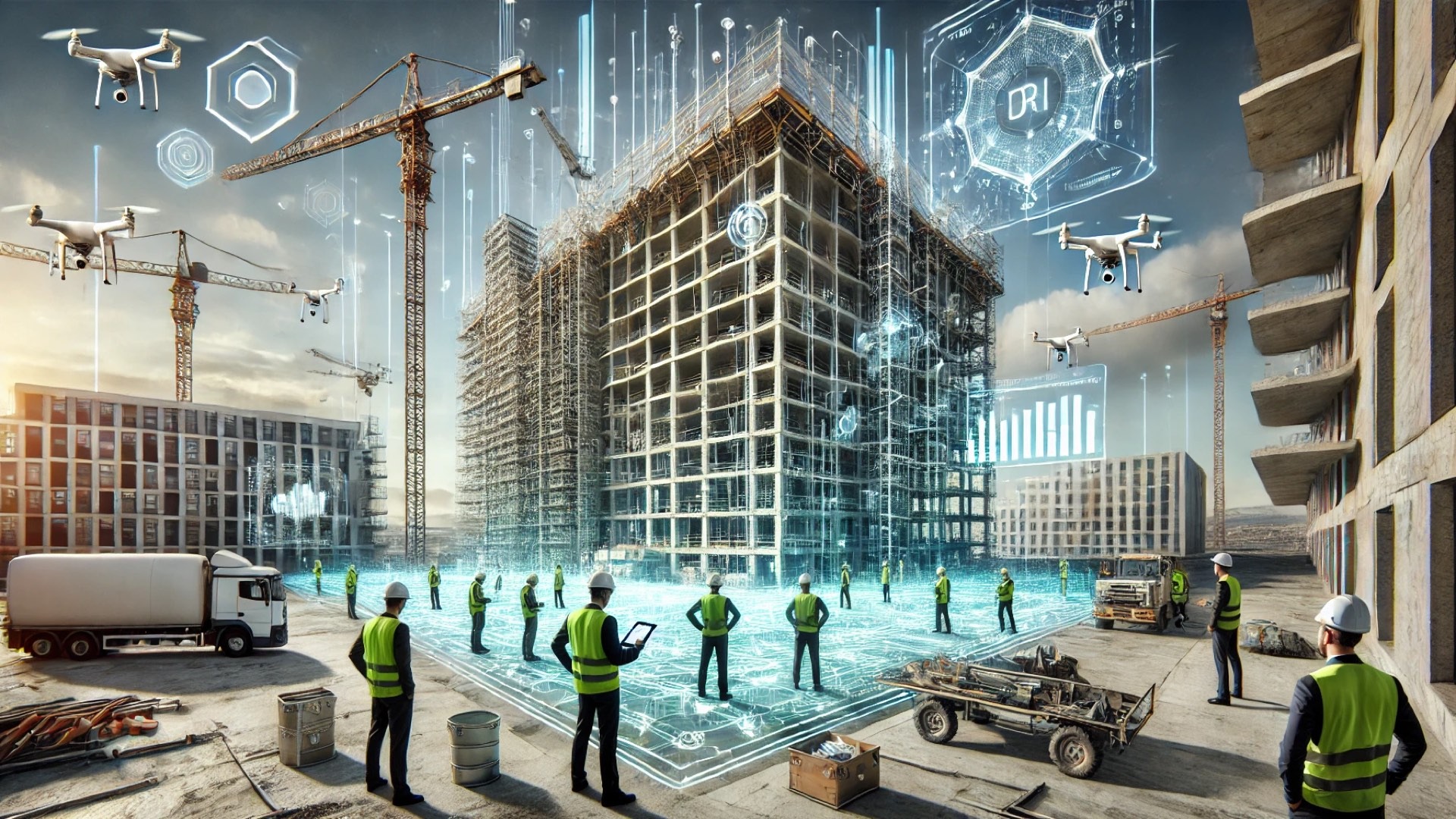
The Essential Role of Construction Management Today
As we look ahead to 2025, construction management is proving itself to be a cornerstone of successful building practices. In an industry where project complexity is on the rise, it’s not just about keeping schedules and budgets in check; it’s about orchestrating every element to create a masterpiece of functionality and design. The Construction Management Association of America aptly defines it as a professional service that bridges the gap between a project's timelines, costs, safety, and quality.
In this ever-evolving digital landscape, the demand for skilled construction managers is crucial. As per recent studies, the construction sector is grappling with a shortage of talent, with an average of 382,000 job openings each month anticipated through mid-2024. Furthermore, the UK's 2025 building regulations are pushing for nearly-zero emissions in all new constructions, necessitating efficient management of materials and compliance checks.
A New Era of Construction Management Benefits
With technology revolutionizing the industry through AI-driven material forecasts and drone surveys, the benefits of effective construction management are clearer than ever. Here are a few of the key advantages:
Cost Savings: Skilled construction managers effectively manage budgets to save money and streamline processes.
Risk Management: They implement risk assessment strategies that safeguard projects against uncertainties, ensuring quality is never compromised.
Improved Efficiency: By orchestrating tasks seamlessly, they enhance project timelines and resource allocation.
Quality Assurance: Continuous oversight guarantees that all work meets high standards of craftsmanship, benefitting both clients and contractors alike.
Sustainability Practices: Managers are vital in integrating environmentally friendly practices, aligning with modern regulations and consumer expectations.
Each of these benefits highlights how construction management does more than oversee—it's about maximizing resources, improving outcomes, and ensuring project integrity from conception through completion.
Future Insights: Why This Matters More Now
As we advance into 2025, the construction climate is set against a backdrop of tight profit margins and rising material costs. Construction management emerges as an indispensable solution to navigating these challenges. The integration of smart technologies, such as IoT devices for project monitoring, allows managers to optimize workflows and elevates the construction experience. Clients are not only looking for efficiency but also innovation; they demand designs that are thoughtful and reflective of today’s sustainable priorities.
By understanding and employing construction management best practices, professionals can ensure they meet the evolving demands of the industry while staying ahead of the curve. Strong leadership throughout the project not only leads to better quality but builds strong, lasting relationships among stakeholders—reinforcing the construction manager's role as the maestro in this intricate symphony of construction that is so crucial for 2025 and beyond.
In an industry that often faces misconceptions around chaos and unpredictability, construction management represents a steady guide through complexity. As we celebrate craftsmanship and creativity in the building, we must give credit to the experts who make visionary projects come to fruition. Embracing effective construction management techniques leads the way to success—not just for individual projects but for the industry as a whole.
 Add Row
Add Row  Add
Add 




Write A Comment